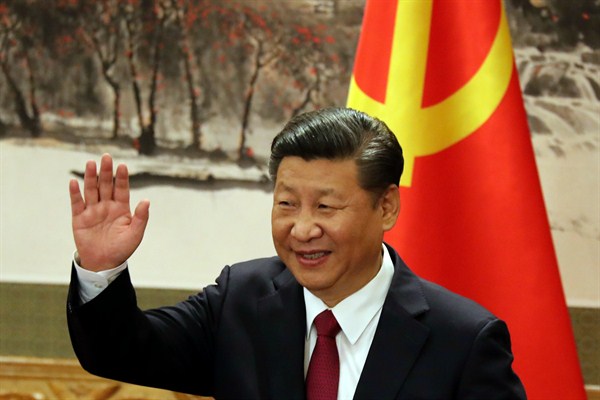The Chinese Communist Party’s congress, the once-every-five-year gathering that draws to a close today, brings to mind the old Danish proverb, sometimes misattributed to the New York Yankee hall of famer Yogi Berra: It’s difficult to make predictions, especially about the future.
This year’s congress, which comes at the end of Chinese President Xi Jinping’s first five-year term in office, was being watched closely for signs of whether his second term would conform to the practice of other recent Chinese leaders and be his last. Since Deng Xiaoping’s exit from power in 1989, the party’s collective leadership has used the “mid-term” congress to anoint and groom the current president’s successor, in the form of a promotion to the party’s highest policymaking body, the Politburo Standing Committee. Based on the lineup for the Standing Committee, announced today, Xi has decided not to follow that script.
But even now, uncertainty as to the future leadership of the party and government is likely to persist. The fact that no apparent successor was announced today could mean that Xi intends to hold on to power beyond 2022. He also might simply plan to wait before naming his successor, in order to avoid an early lame-duck status.

